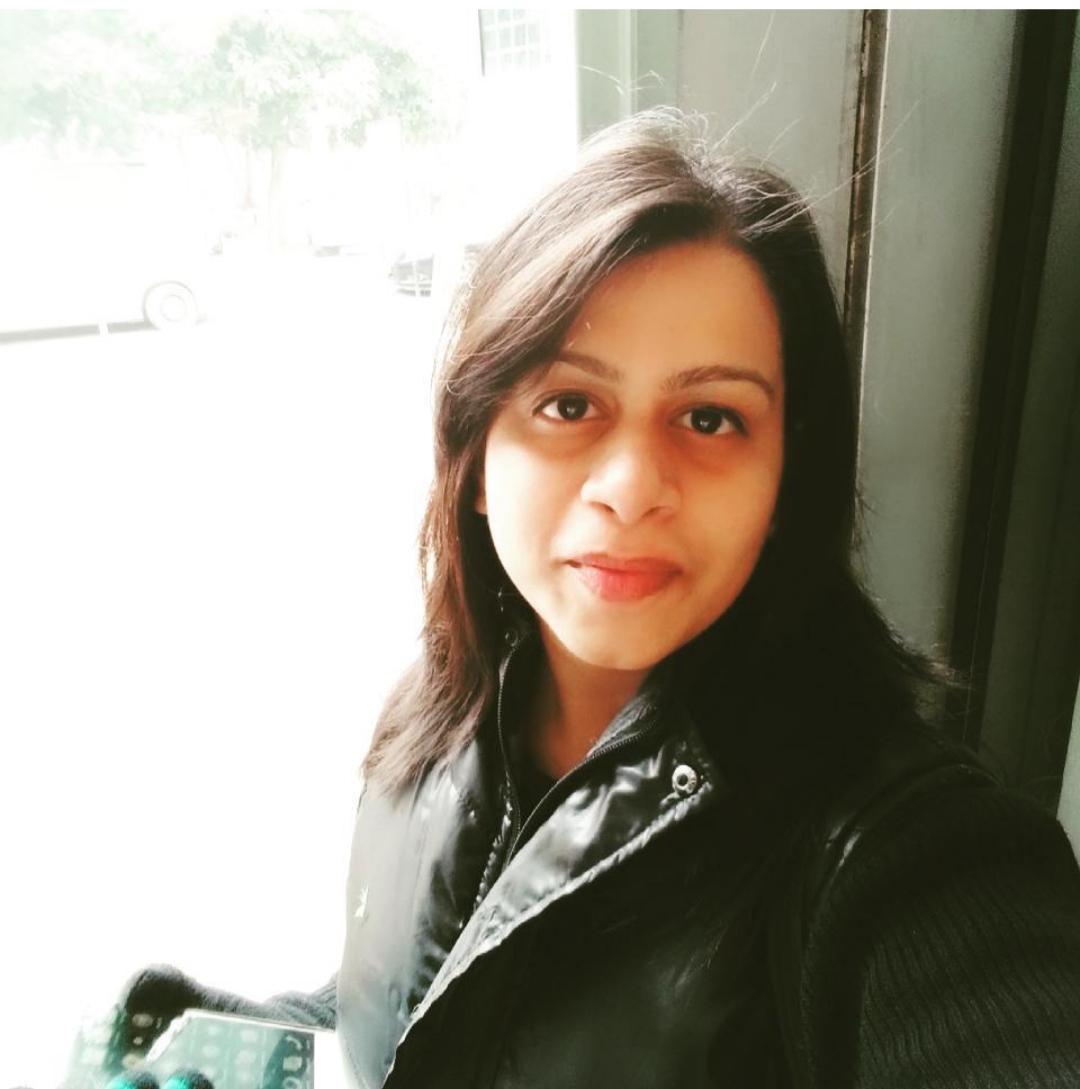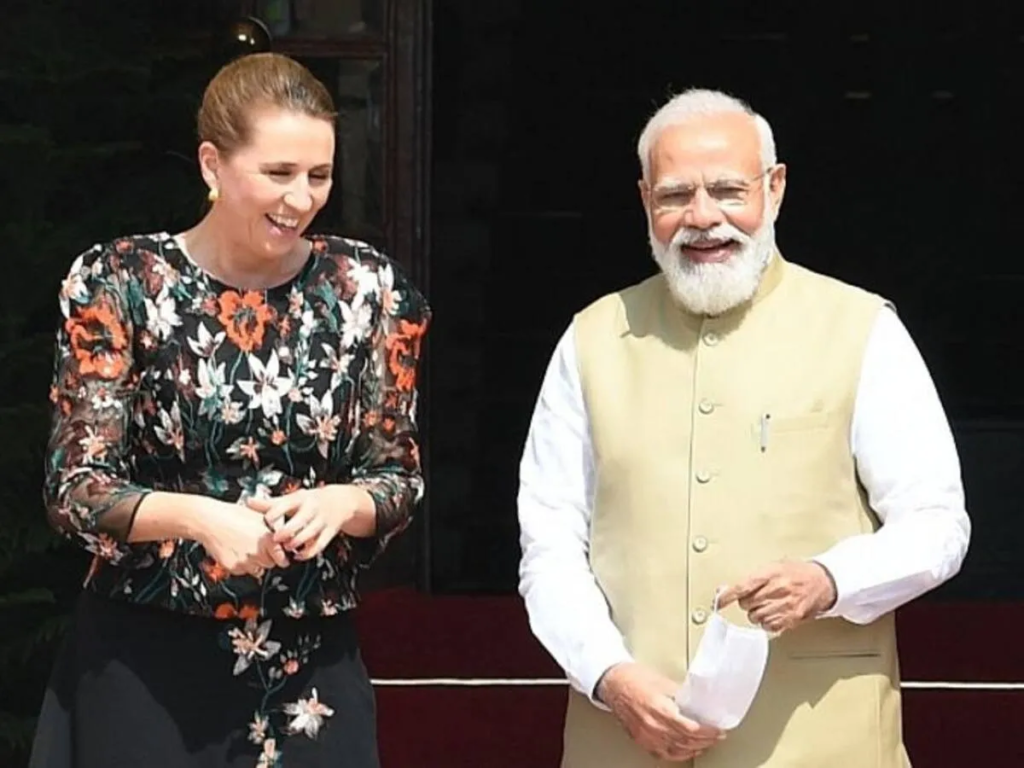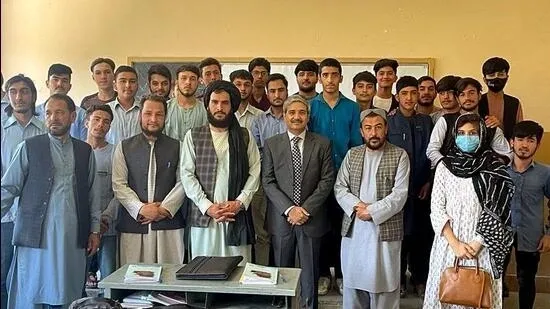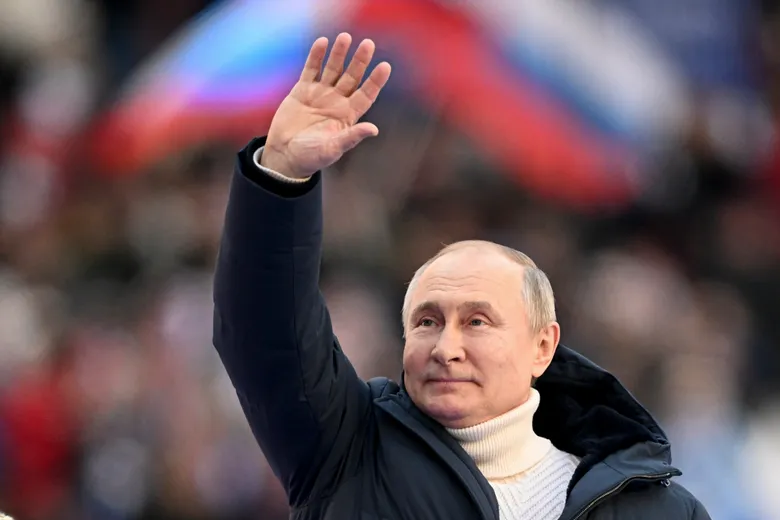
By Diksha Bharti
Vladimir Putin extended his tenure as Russia’s president by winning the country’s election with over eighty-seven percent of the votes, according to Russia’s election commission. He easily defeated his closest challenger, communist candidate Nikolai Kharitanov, who secured four percent of the votes, positioning him to become Russia’s longest-serving leader in over 200 years.
Just days after Putin’s re-election, Russia has been reeling in the wake of the nation’s worst terrorist attack in decades. ISIS has claimed responsibility for the massacre, which saw armed assailants storm a popular concert venue complex on the outskirts of Moscow, killing more than 140 people.
When Vladimir Putin came to power in 2000, he made one thing clear immediately: he would be different from his predecessors – Boris Yeltsin and Mikhail Gorbachev, the last leader of the Soviet Union – in his response to terrorism. The difference would be manifested in his declared determination never to wilt under pressure. Though, it is yet to be seen how the Russian law will take its course.
Putin’s re-election is expected to maintain Russia’s policy of continuing the conflict in Ukraine and deepening Moscow’s relationship with China. Russia’s break with the West and its turn towards China is likely to carry some consequences for India’s foreign policy, as it has banked on a strong defence relationship with Russia to supply its military. It has also relied on a strong relationship with Moscow to advance its interests in Central Asia.
India’s present security collaboration with Russia traces back to the enduring bond between the former Soviet Union and India. While diplomatic relations between New Delhi and Moscow were formalized in 1947, their alliance intensified during the 1950s and 1960s amid India’s confrontations with Pakistan and China over border disputes, fostering heightened economic and security cooperation.
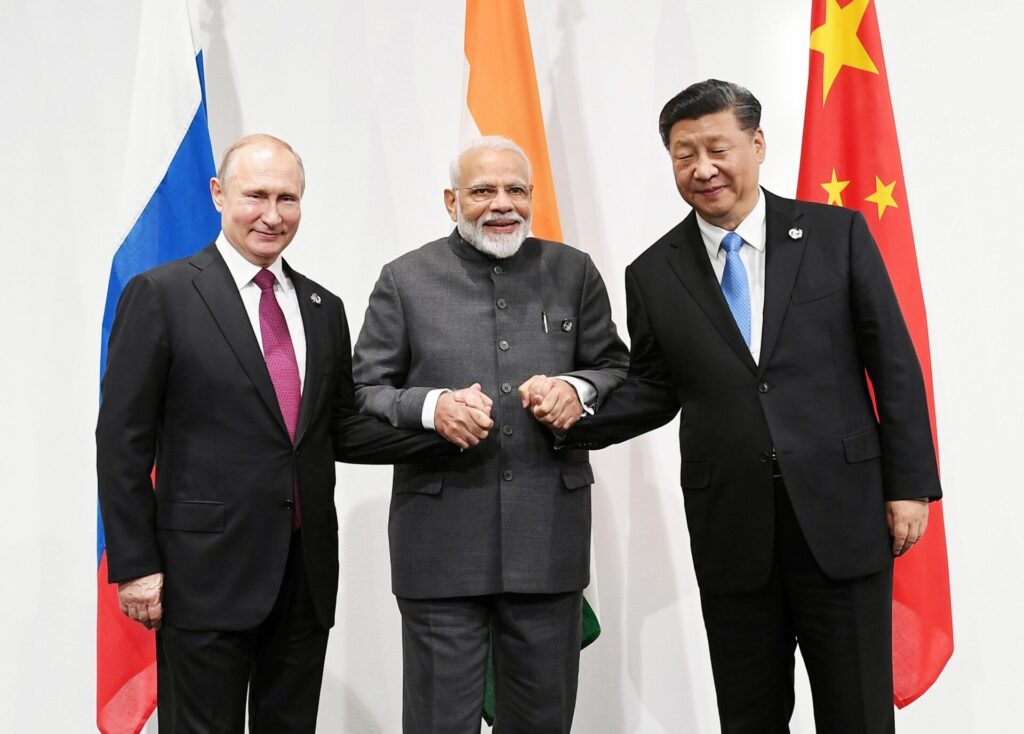
The inclination towards Moscow was further propelled by the United States’ backing of Pakistan during these conflicts, prompting India to bolster its ties with Russia. Despite the reshaping of global dynamics following the Soviet Union’s collapse, India and Russia have upheld their close association. Although not each other’s primary trading partners, the two nations maintain a substantial annual trade turnover, notably in defence expenditures by India.
Both the nations have had a long-standing security cooperation partnership, with India relying heavily on Russian weapons and equipment for its armed forces. Despite facing geopolitical challenges, President Putin maintains a positive rapport with India, while Prime Minister Modi’s unwavering dedication to the India-Russia alliance remains evident. India’s refusal to align with European viewpoints regarding Russia underscores its commitment to nurturing bilateral ties. While much of the Western world has distanced itself from Russia, India-Russia energy trade has surged, and India has actively sought to accommodate Russia’s interests on the global stage.
The significant increase in crude oil trade has propelled the total trade volume between India and Russia to nearly fifty billion dollars between 2022 and 2023, surpassing the two nations’ earlier target of thirty billion dollars by 2025. Additionally, India is expanding its exports of food and pharmaceutical products to Russia, which are not subject to Western sanctions.
Furthermore, Indian officials have openly highlighted India’s role in refining Russian crude oil and subsequently selling it to various markets, including Europe, contributing to stability in the global oil market. Despite extensive Western sanctions following the Ukraine invasion, Russia’s economy has displayed surprising resilience, further bolstering its unwavering international stature.
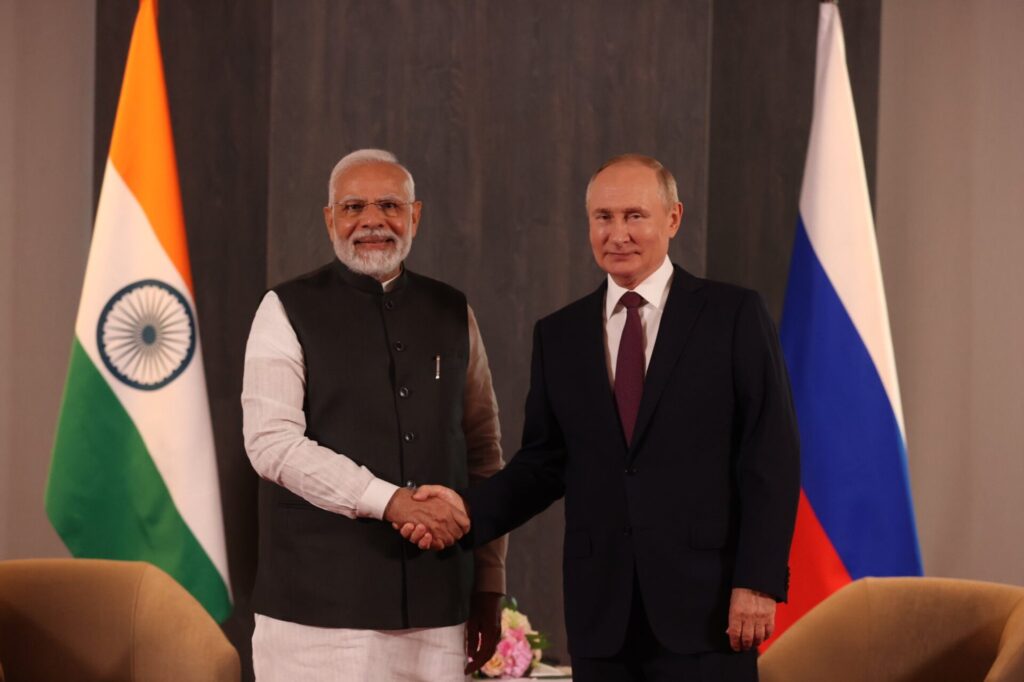
The relationship between India and Russia has seen evident public interactions, including a mid-January phone conversation between Indian Prime Minister Narendra Modi and Russian President Vladimir Putin. Along with Indian External Affairs Minister S. Jaishankar’s visit to Moscow towards the close of the year. 2023. However, these public gestures of camaraderie seem to primarily reinforce transactional trade connections and uphold existing agreements, with limited new strategic developments in the relationship.
Former Ambassador Anil Trigunayat suggests that Putin’s personal dedication to the India-Russia relationship ensures its ongoing stability despite external pressures, fostering cooperation and strategic alignment. Furthermore, Russia’s strategic partnerships with nations such as Vietnam, Hungary, Serbia, Turkey, Egypt, and notably, China, serve to bolster its global standing. Putin’s reiteration of strengthened relations with China following his re-election highlights Russia’s commitment to expanding its influence on the world stage.
India pursues a policy of non-interference in the domestic affairs of a country. Therefore, New Delhi is not concerned about the status of democracy in Russia. Re-election of Putin means continuation of Moscow’s existing policy towards India. President Putin and foreign minister Sergei Lavrov have praised India’s neutral policy on several occasions for not joining the Western sanctions.”
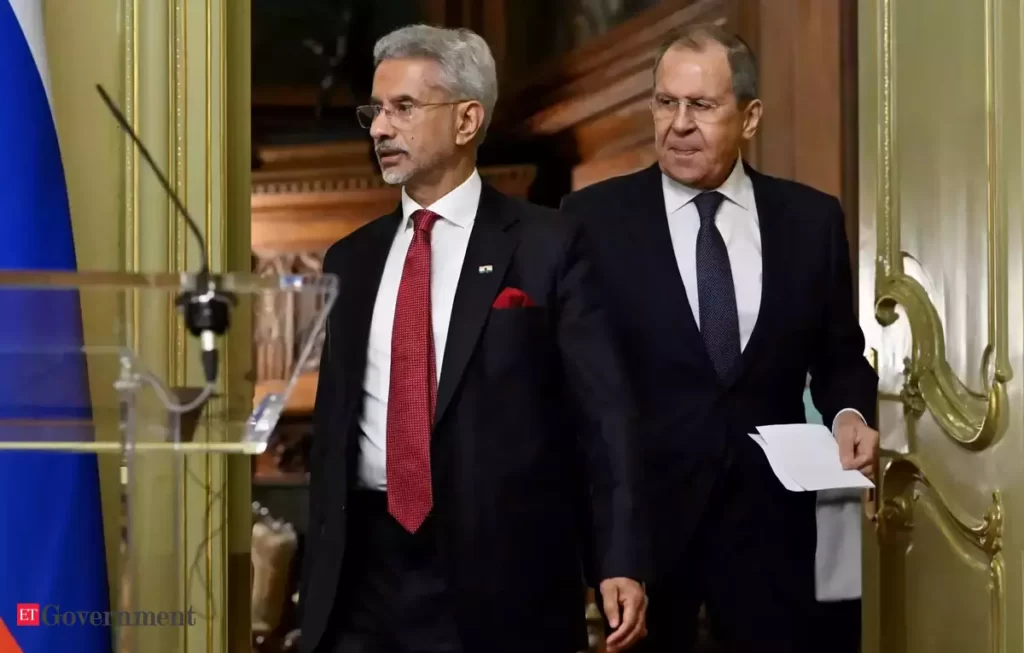
“External Affairs Minister Dr S Jaishankar in his interview with a German newspaper underlined the significance of Russia where he stated that ‘Russia has never hurt the interests of India’ unlike the western states. Therefore, it is highly unlikely that there will be any shift in New Delhi’s policy towards Russia in the coming years.”
While the reliance and camaraderie are evident in the world, the efforts at home cannot be ignored. Indian Prime Minister Narendra Modi launched the Make in India initiative in 2014 to develop the country’s defence industry and reduce dependence on imports. The war in Ukraine has caused India to accelerate this process and end negotiations with Russia on several weapon system acquisitions. The world’s biggest arms importer is gradually shifting its focus towards the West as the United States seeks to fortify connections in the Indo-Pacific region. The United States aims to curb an advancing China by encouraging the South Asian nation to lessen its traditional reliance on Russia.
Prime Minister Modi’s visit to Washington in June was anticipated to diminish India’s reliance on Moscow for arms, economic engagements, and technology, as New Delhi and Washington endeavour to bolster the Quad partnership. Russia’s collaboration with China’s Belt and Road Initiative and its resumption of the sale of advanced military equipment to China have understandably heightened Indian concerns. This prompts India to draw closer to the US, given that China represents the primary security challenge for India. Russia’s arms exports have largely stabilised since the Ukraine war’s early disruptions, which fuelled concerns about India’s operational readiness, but the fears have not entirely dissipated.
Weapons, from Soviet or Russian-origin tanks to an aircraft carrier and surface-to-air missile systems, make up more than sixty percent of India’s military hardware. New Delhi will require Russian spares for their maintenance and repair for nearly two decades. Thus, it becomes significant that India must walk a fine line in ties with Russia, as the largest buyer of its arms and, since 2022, one of the largest purchasers of its oil. Halting such trade would push Moscow closer to Beijing, the only other major economy it deals with.
In the trilateral equation of India, Russia and China, the role of Pakistan cannot be undermined. From Russia’s point of view, Pakistan remains a natural market for its weapons, primarily because arms sales form a small but substantial revenue source that accounts for over 3 per cent of total employment in Russia.
Pakistani optimism about contemporary prospects for Russia–Pakistan relations often contains within it some regret about the past. In a commonly recounted narrative of their foundational diplomatic history, many Pakistanis assert that the decision to align with either the Soviet Union or the United States was a matter of happenstance. Liaquat Ali Khan, Pakistan’s inaugural prime minister, extended gestures to both nations in the early years following Pakistan’s independence.
While Moscow extended an invitation to Khan for a visit to the Soviet Union in August 1949, Khan had to decline due to his obligation to partake in Pakistan’s Independence Day celebrations that same month. Despite efforts from Pakistani and Soviet diplomats to arrange an alternate date for the visit, they failed to reach a consensus. Consequently, Liaquat’s initial journey to a superpower capital took place in Washington, DC, in May 1950.
In February 2022, Prime Minister Imran Khan embarked on a historic visit to Moscow, marking the first such visit by a Pakistani prime minister in over two decades. Initially hailed as a significant diplomatic milestone by his supporters, the visit is likely to be remembered in the annals of history, albeit not for the reasons Khan envisaged. Firstly, the visit exacerbated the fragility of Khan’s government, already beleaguered by political vulnerabilities and tensions with the military. Secondly, Khan’s presence coincided with the Russian incursion into Ukraine, thrusting him into the spotlight amid the first major power conflict in Europe in over twenty years.
In the year ahead, India balances its relationship with Russia. India’s relationship with Russia will continue to be shaped by Russia’s international standing and strengthening relationship with China, India’s growing ties with the United States, and Russia’s evolving role in the Indo-Pacific and Eurasia.

